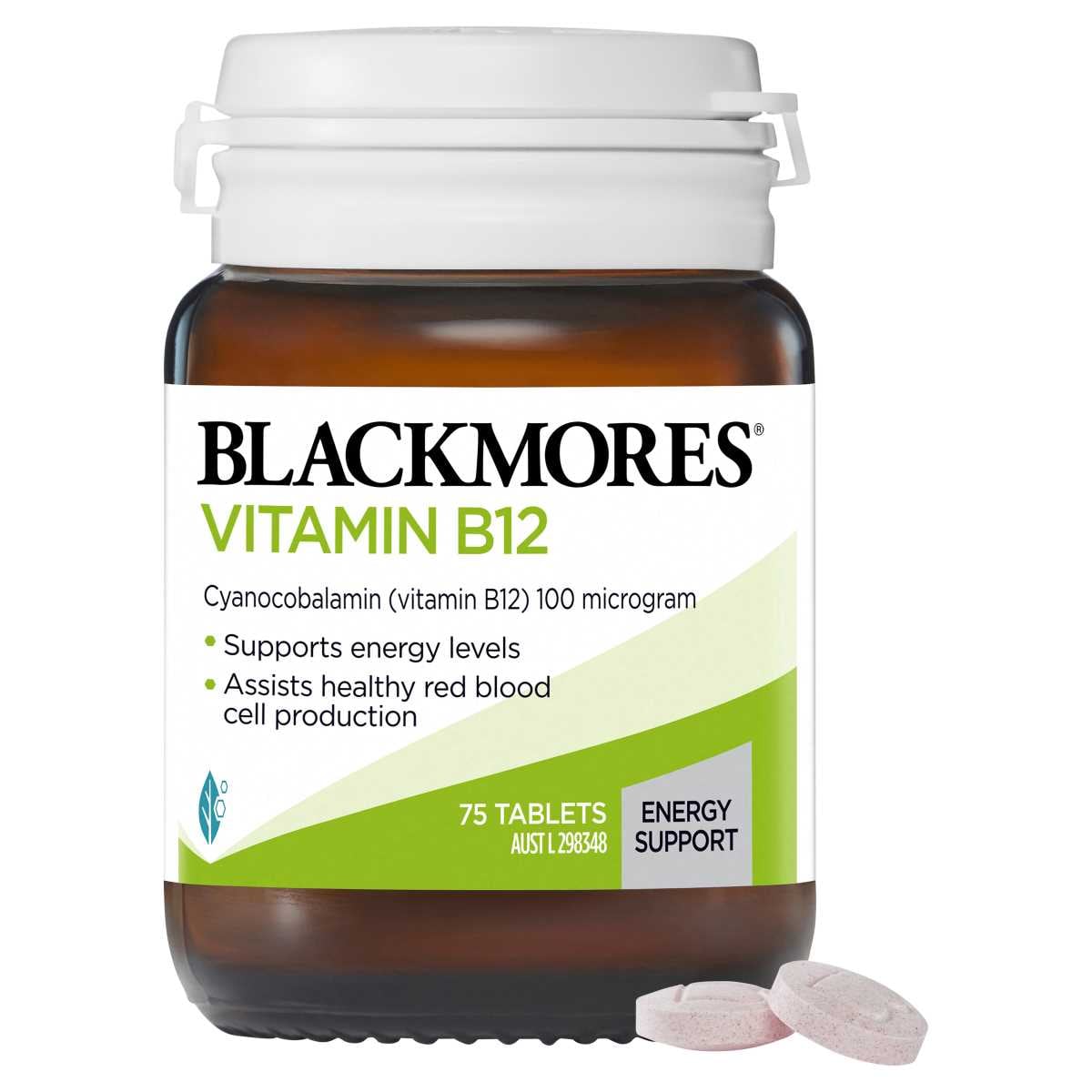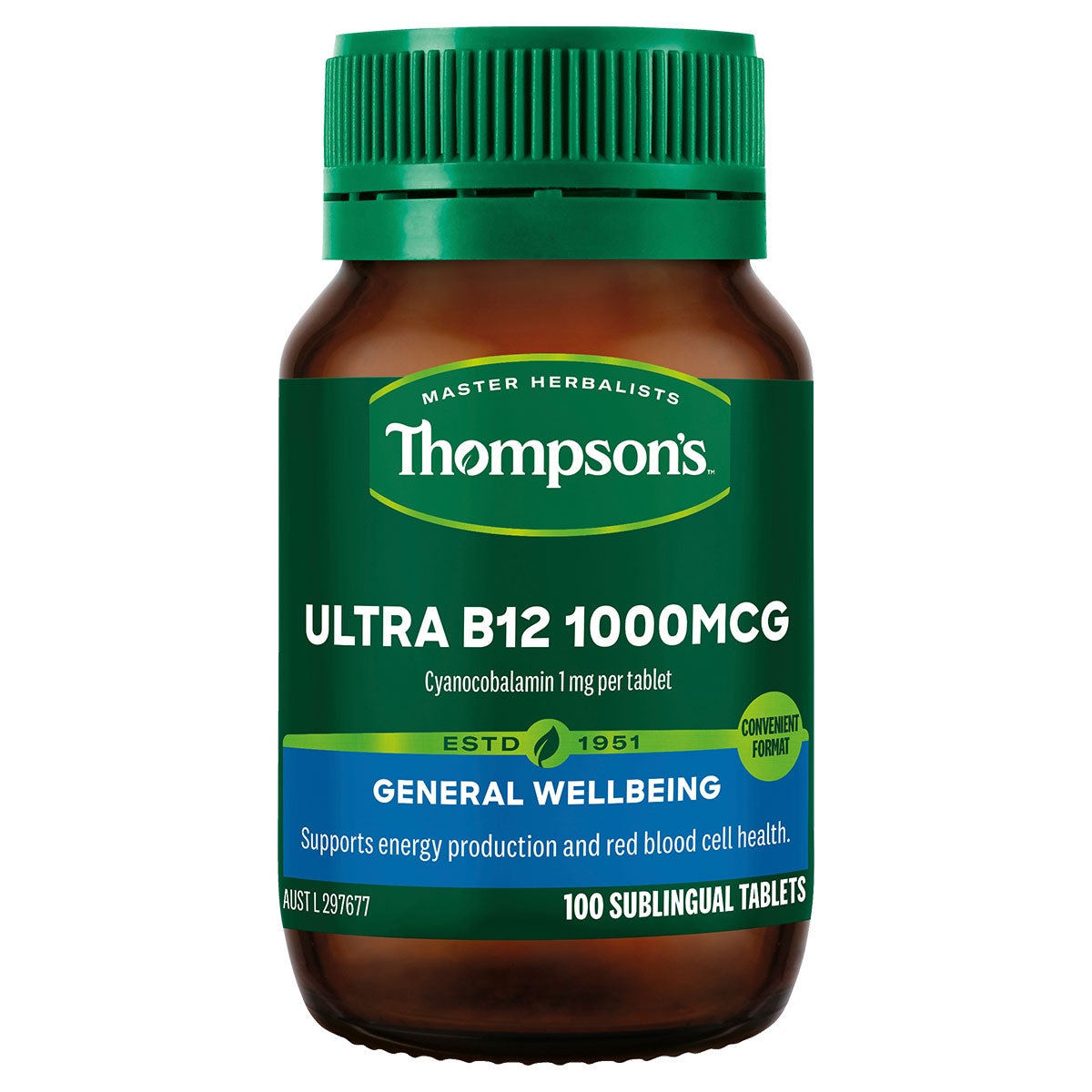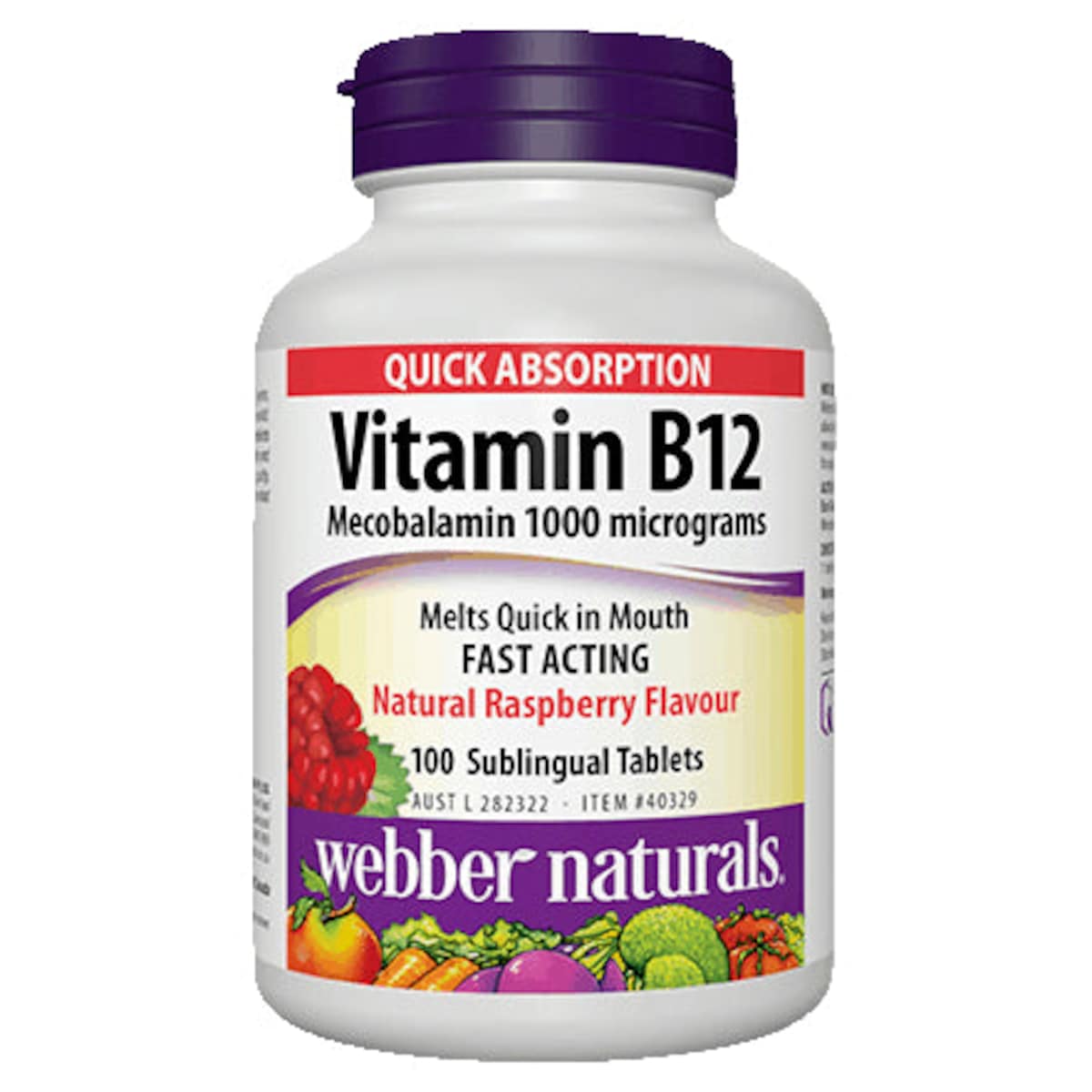Q1: What is vitamin B12? A1: Vitamin B12, also known as cobalamin, is a water-soluble vitamin that plays a vital role in the normal functioning of the brain, nervous system, and the formation of red blood cells.
Q2: What are the food sources of vitamin B12? A2: Natural food sources of vitamin B12 include animal products such as meat (beef, chicken, and pork), fish, eggs, dairy products (milk, cheese, and yogurt), and fortified foods like breakfast cereals.
Q3: Why is vitamin B12 important for our health? A3: Vitamin B12 is essential for maintaining healthy nerve cells, producing DNA, and preventing a type of anemia called megaloblastic anemia. It also supports brain function and helps in the formation of red blood cells.
Q4: Who is at risk of vitamin B12 deficiency? A4: Individuals who follow a vegan or vegetarian diet without adequate supplementation, people with certain gastrointestinal disorders that affect nutrient absorption (such as pernicious anemia or Crohn’s disease), and older adults are at higher risk of vitamin B12 deficiency.
Q5: What are the symptoms of vitamin B12 deficiency? A5: Symptoms of vitamin B12 deficiency can include fatigue, weakness, shortness of breath, pale skin, tingling or numbness in the hands and feet, poor balance, confusion, memory problems, and mood disturbances. If left untreated, it can lead to more severe complications.





